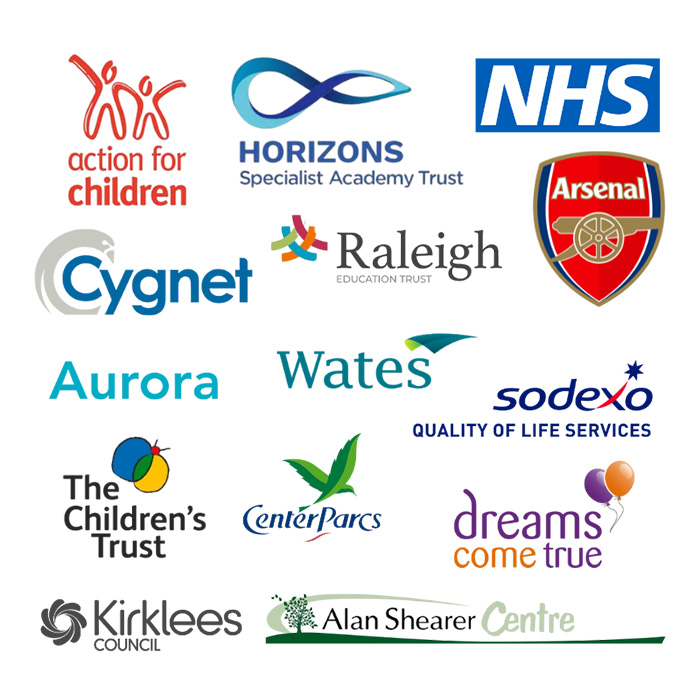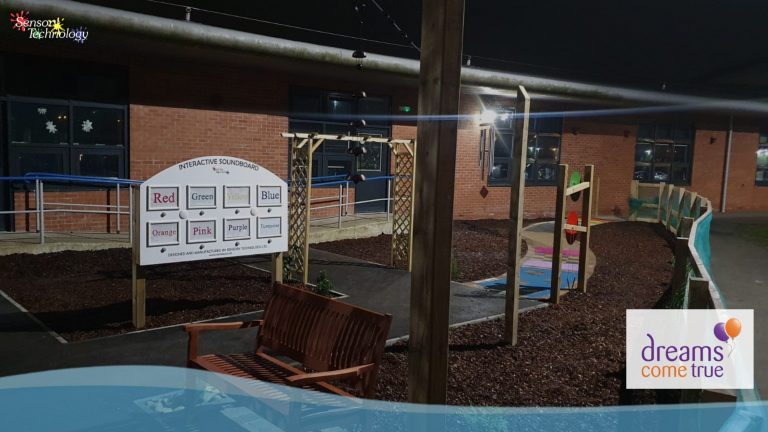
Sensory Funding
Sensory Funding
Our guide to how you can navigate funding, grants and support to make sensory rooms and environments a reality in your school or community.
Our guide to how you can navigate funding, grants and support to make sensory rooms and environments a reality in your school or community.
Creating a Sensory Room can be a transformative addition to any school, day centre or healthcare facility, providing a safe, calming space that supports individuals with sensory processing needs.
However, securing the funding to make this vision a reality can be an overwhelming process. Our Sensory Funding Page is here to give you updates and ideas surrounding funding, grants, creative fundraising ideas and more. Whether you’re just starting to plan your sensory space or looking to enhance an existing one, you’ll find practical resources and inspiration to help bring your project to life.
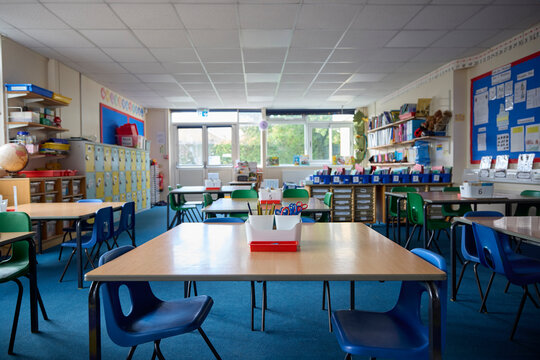
Local Authority Funding
Local Authority Funding
Local authorities can be a powerful source of support when funding a sensory room. Many councils and local government bodies offer grants or special funding programs for projects that promote inclusion, accessibility and wellbeing. The level and amount of funding can vary depending on the area you are located in, therefore an important step in research is to check with your local council.
There are also different funding pools available depending on the type of applicant (e.g. schools, private individual, health and social care).
Here are a few resources for funding and grants currently available via Local Authority Funding:

Disabled Facilities Grant (DFG)
Grants provided by your local authority to help meet the cost of adapting a property or providing facilities for the needs of a disabled person.

Funding Through Charities
Funding Through Charities
There are a range of charities and organisations that offer funding and grants to support individuals with disabilities, as well as public sector services working to improve accessibility and inclusion including schools, day centres, community spaces and more. These opportunities can help cover costs for full room sensory room installations, sensory equipment, safety measures and adaptations and community projects.
See below a few resources for funding and grants to currently available via Charities and Organisations:
Blue Spark Foundation
A registered charity that promotes the education and development of children and young people by offering grants for educational, cultural, sporting and other developmental projects.
Education Endowment Foundation
An independent charity focused on improving the attainment of children and young people, especially those from socio-economically disadvantaged backgrounds, providing support from early years through to ages 16–19.
The Redhill Trust
A registered charity that supports educational projects and activities that benefit children and young people under 25 with social, emotional and mental health (SEMH) challenges, including high-functioning CYP diagnosed with autism spectrum disorder (ASD) and other special educational needs and disabilities (SEND).
Matthew Good Foundation - Grants For Good
Designed to direct funding only to small and growing local charities, voluntary groups or social enterprises that are making a big impact on communities, people or the environment.
The Baily Thomas Charitable Fund
Providing funding to aid the research into learning disabilities and to aid the care and relief of those affected by learning disabilities. Schools and Parent Teacher Associations, Community Benefit Societies and others such as exempt charities can also apply.
The Family Fund - Support for Families with Disabled Children (SFDC) Programme
Funded by the Department for Education and administered by the Family Fund. It provides a wide range of grant items to families in England raising a disabled or seriously ill child or young person, and living on a low-income.
Independence At Home
Accepts grant applications from referrers, including health or social care professionals, as well as advisors or support workers from charities or community organisations assisting an adult or child in need of support.
Children Today
Supporting children and young people with disabilities by providing adapted equipment to help them and their families – including sensory equipment and tough furniture/protective padding.
Elifar Foundation
Welcomes applications by, or on behalf of, individual children or young adults with any form of physical or learning disability.
Variety Children's Charity
Providing funding for life-changing equipment, including specialised educational and adaptive play equipment, hoists, walkers, beds, furniture and specialist car seats.
Cash For Kids
Offering grant programs that assist children from birth up to 18 years old who are impacted by poverty, illness, neglect or have additional needs. They also support various charities, organisations and community groups by funding essential services and providing life-changing equipment.
Dreams Come True - A Case Study
Want to see how funding can bring a Sensory Environment to life?
Explore our case study on the Sensory Garden we installed at New Bridge School in Manchester. This inspiring project was made possible through funding from Dreams Come True — a national wish-granting charity that supports children and young people with disabilities, serious illnesses, or life-limiting conditions, both individually and within their communities.


Fundraising Ideas
Fundraising Ideas
In addition to applying for funding and grants, there are plenty of creative ways to raise funds and gather donations — whether you’re doing it individually or as part of a community effort. From sponsored events and charity challenges to local business partnerships and crowdfunding campaigns, every contribution helps bring a Sensory Environment project one step closer to reality.
Here are a few resources for funding and grants currently available via Local Authority Funding:
Community and Event Fundraising
Community and event fundraising brings people together to support a cause. Activities and events that people can join and donate drives raise funds while building awareness and community spirit. Here’s a few ideas of community activities and events for fundraising:
Organise sponsored walks, fun runs or charity challenges.
Host quiz nights, raffles, bake sales or community fairs.
Arrange school or workplace fundraising days – themed dress up or activities.
Set up donation drives or themed events.
Digital and Online Fundraising
Social media and web outreach can be a powerful tool in your fundraising efforts, extending your reach beyond the local community and providing greater opportunities to connect with potential supporters, share your story, and drive donations. Here’s a few ideas on how you can utilise your online Prescence for fundraising:
Launch a crowdfunding campaign through platforms like GoFundMe or JustGiving.
Promote your cause through social media campaigns (e.g. TikTok, Instagram, Facebook) and online community pages.
Share regular updates and success stories to encourage continued support.
Local Business & Organisation Support
Reaching out to local businesses and organisations can also be a beneficial way of not only raising funds or assisting with fundraising events, but utilising their presence within the community to spread word of your cause even further.
- Approach local businesses for sponsorship or donations in kind.
- See which local businesses may be able to contribute towards your fundraising events instead of donations (e.g. vendors for food, items for raffles, spaces to hold events).
- Reach out to community groups who may sign up to collect sponsorships or volunteer to be apart of fundraising events.
There are also larger corporations such as Co Op, Tesco and The National Lottery who offer local community funds to support projects / community groups.

Resource Hubs
Resource Hubs
While searching for funding, support and guidance can sometimes feel challenging, there are a variety of excellent resource hubs available. These hubs not only provide directories of grants to help you find opportunities in your area, but also offer a selection of resources such as guides on grant writing, tips for sourcing and applying for funds, the latest news and updates and information on rules and regulations to ensure you know your rights as an individual, community, or business.
Here’s a few resource hubs that we recommend accessing when searching for your sensory funding:
Get Your Free Design Today...
Ready to take the next step?
One of our experienced Sensory Advisors will be in touch. Listening to both your requirements and budget, before creating your FREE sensory environment design and proposal.
No Pushy Salespeople and No Obligation.
What Our Customer's Say
We are all delighted with the finished room and very much appreciated the professionalism displayed by the team working on site.
Tracy & AnnaKings Road Nursery 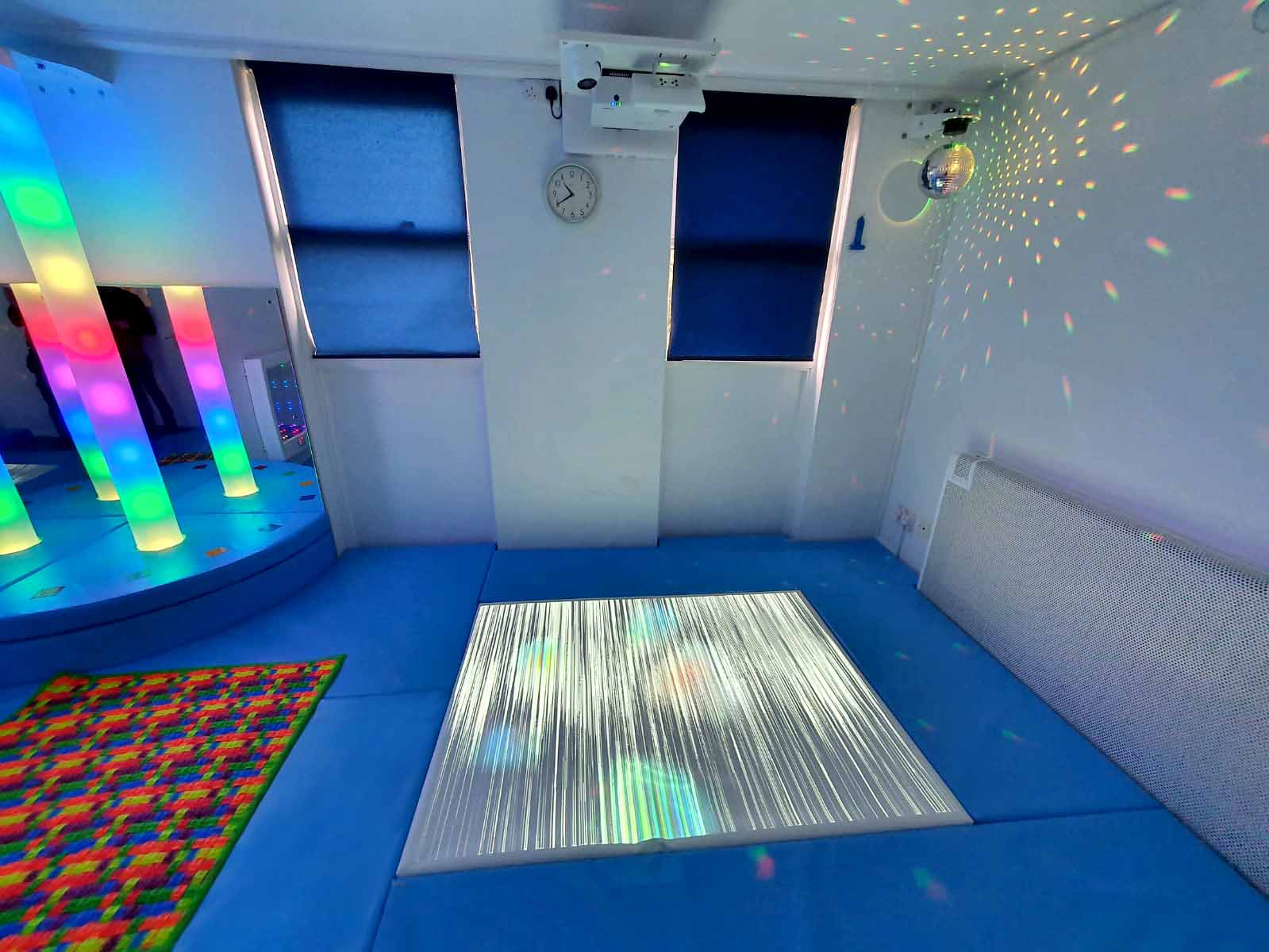
The room looks amazing and the staff who installed were really efficient and mindful of working around the school.
MiriamMathilda Marks-Kennedy Primary School 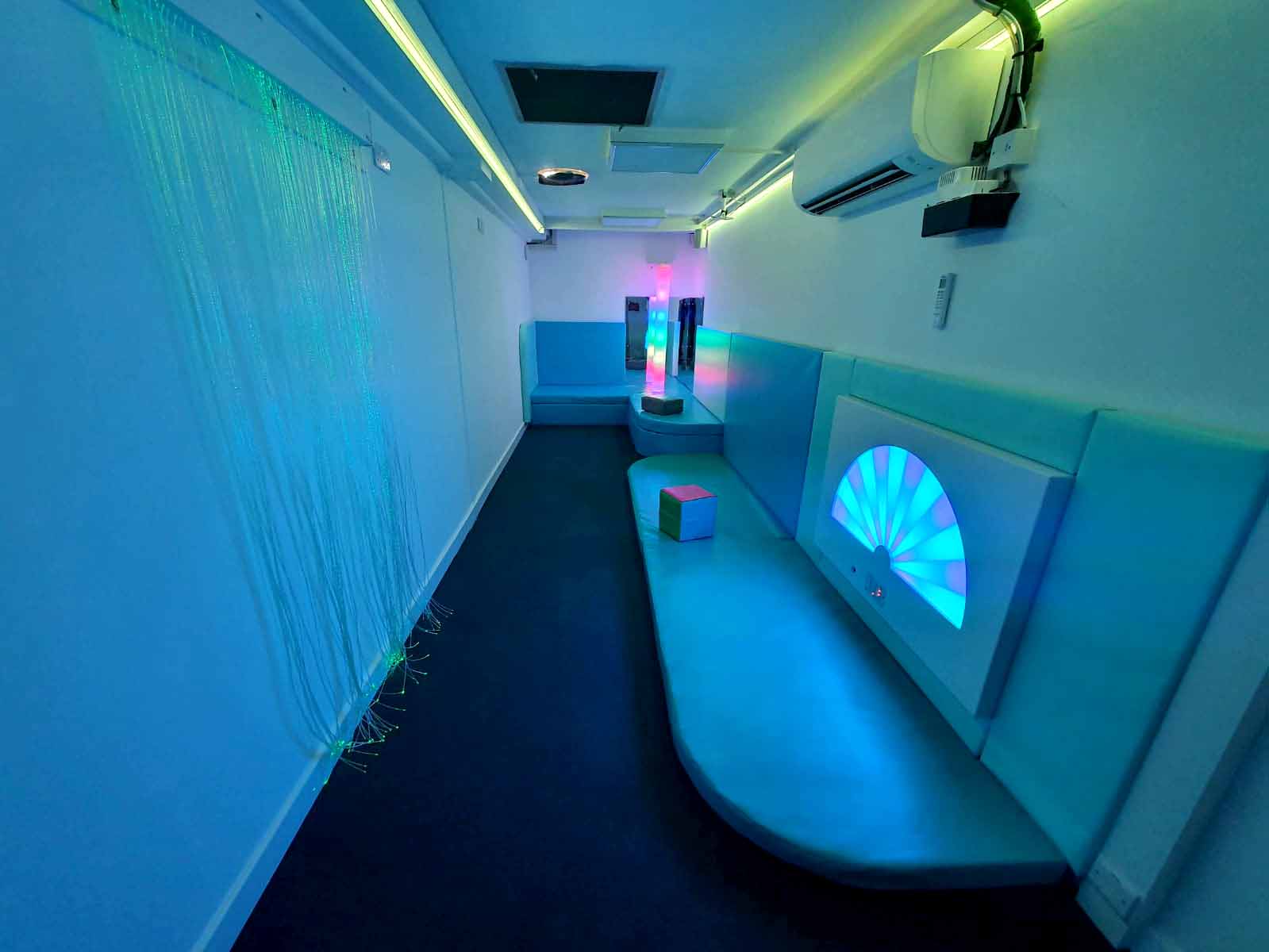
We are beyond delighted with our new sensory room! It is a beautiful, magical and calming space for our children.
ClarePear Tree Infant School 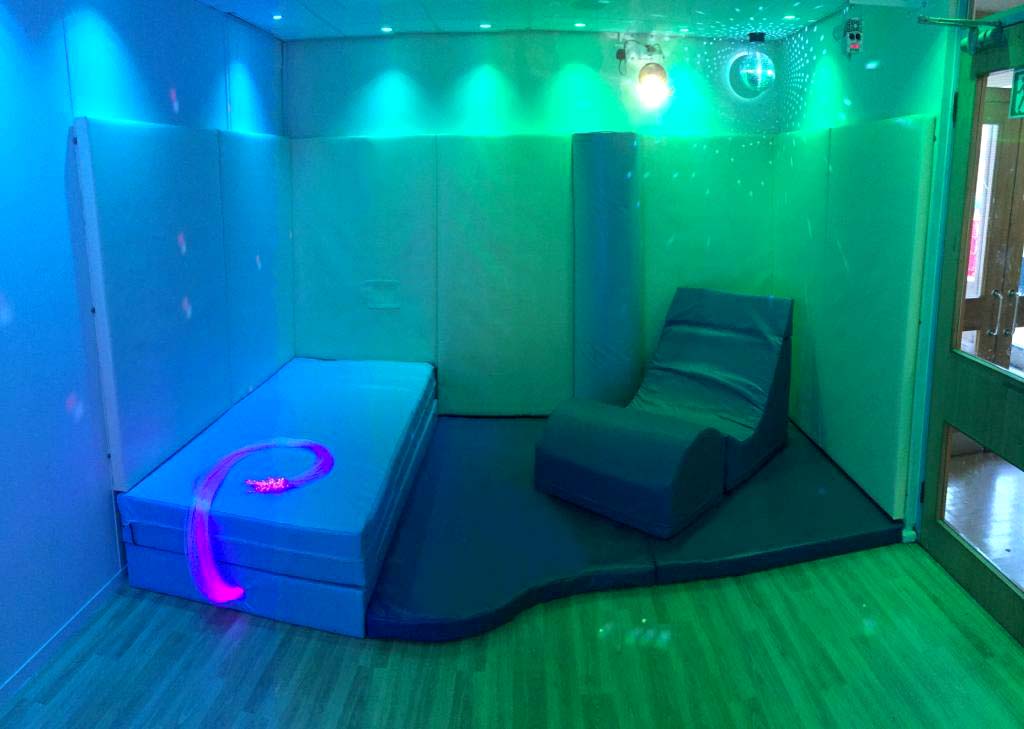
We are over the moon with our sensory room, thank you very much for your excellent service and fabulous resources!
JillHoylake Community Centre 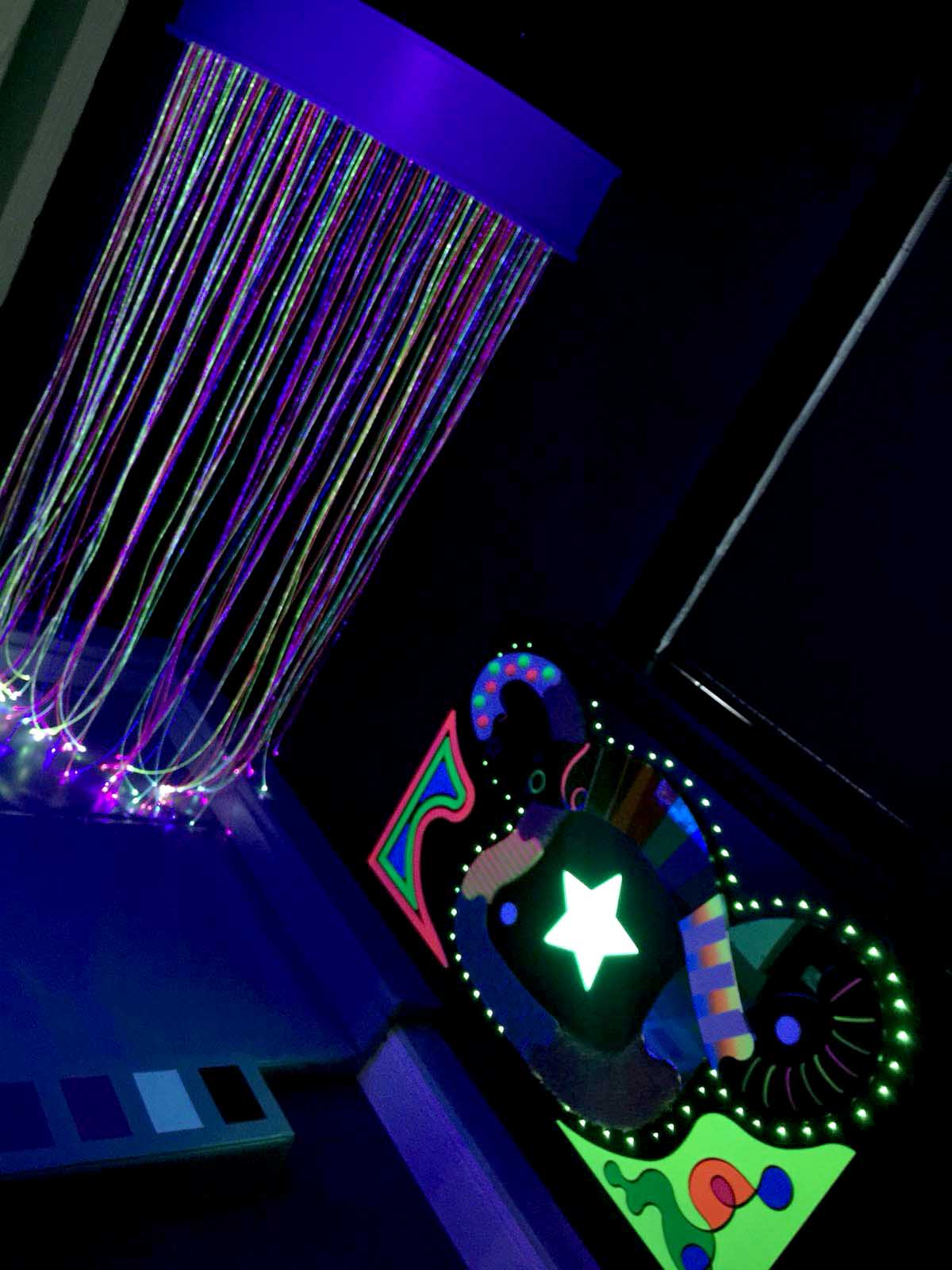
I’ve really enjoyed working with Senteq – you are all so friendly and professional with your advice and assistance – thank you!
TabbyColchester Library 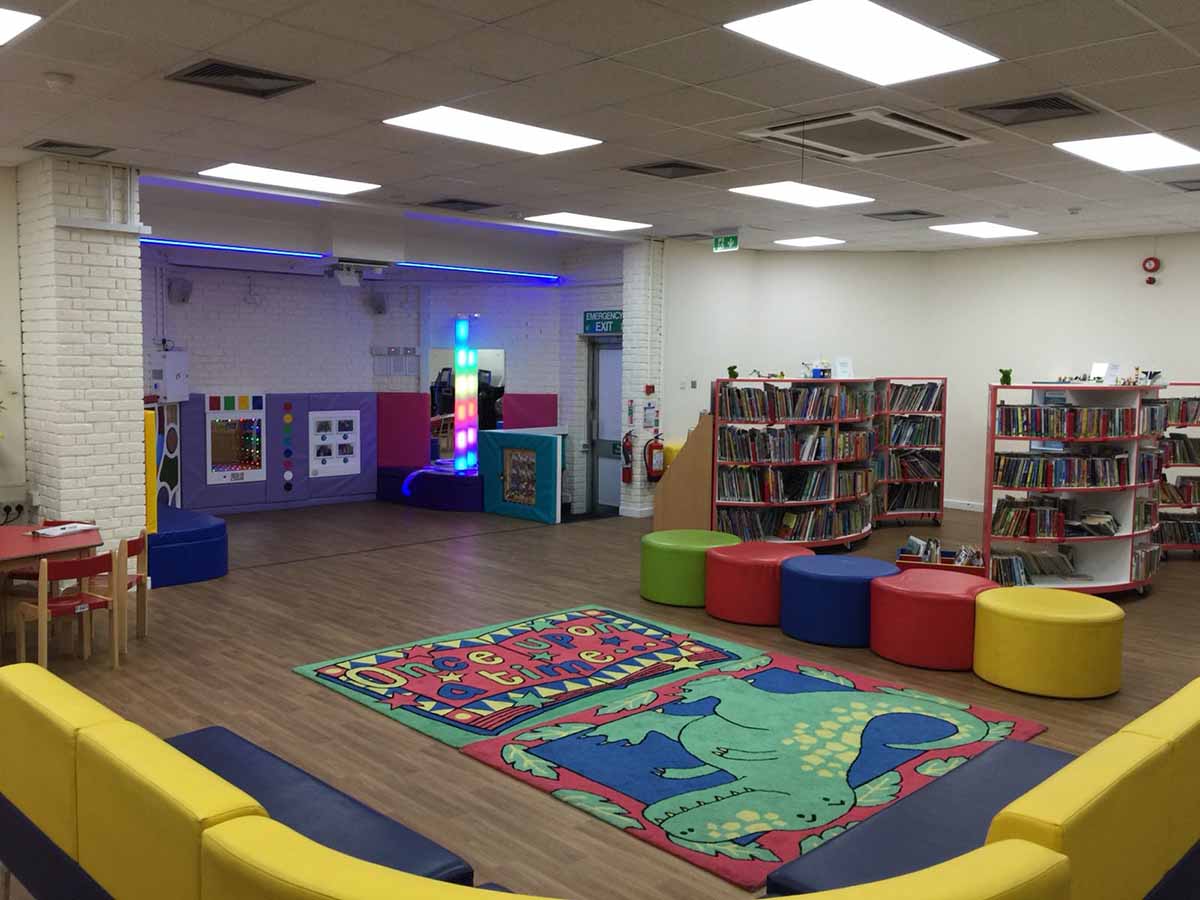
After being let down and quite disappointed with works from another company recently, it was great to have the professionalism and thorough service we received from Sensory Technology.
LucyEast Hunsbury 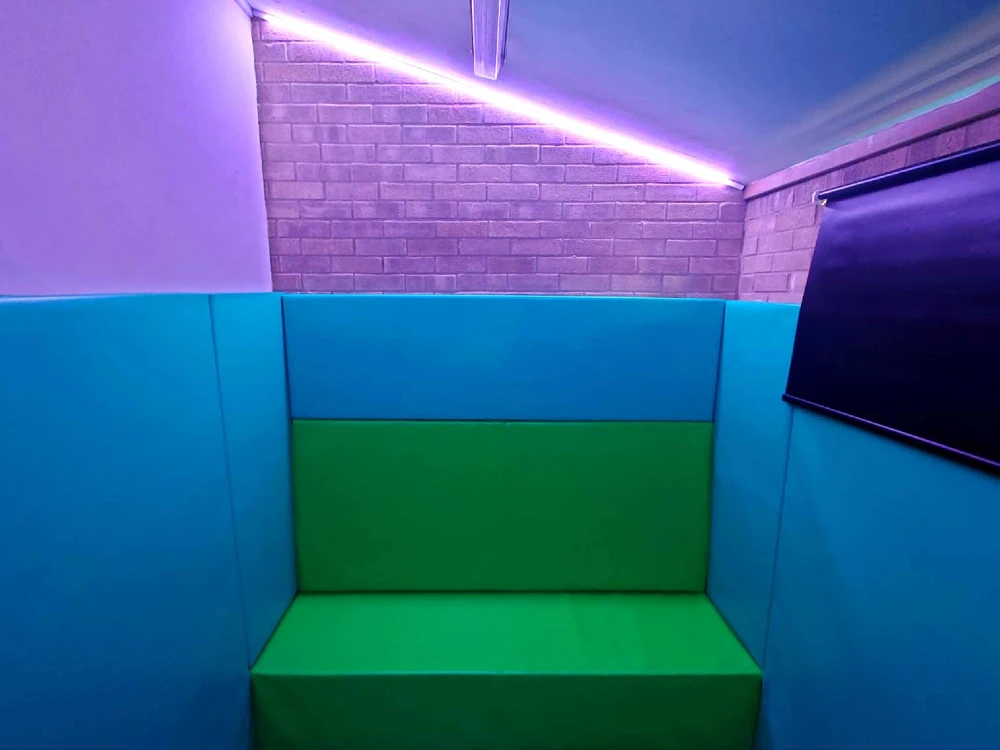
We are all delighted with the finished room and very much appreciated the professionalism displayed by the team working on site.
Tracy & AnnaKings Road Nursery 
The room looks amazing and the staff who installed were really efficient and mindful of working around the school.
MiriamMathilda Marks-Kennedy Primary School 
We are beyond delighted with our new sensory room! It is a beautiful, magical and calming space for our children.
ClarePear Tree Infant School 
We are over the moon with our sensory room, thank you very much for your excellent service and fabulous resources!
JillHoylake Community Centre 
I’ve really enjoyed working with Senteq – you are all so friendly and professional with your advice and assistance – thank you!
TabbyColchester Library 
After being let down and quite disappointed with works from another company recently, it was great to have the professionalism and thorough service we received from Sensory Technology.
LucyEast Hunsbury 
Who We Have Worked With

